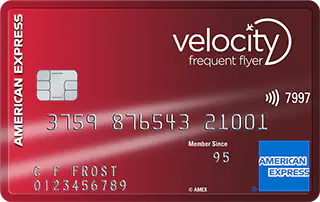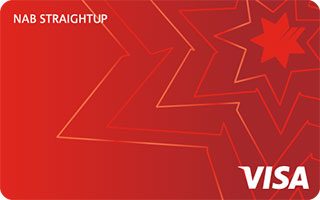It’s worth noting that some cards have numerous offers, however, for ease we have grouped the different types of credit card offers into the blow categories.
Balance Transfer Offers
Credit card companies will frequently offer a period of 0% balance transfers to new cardholders. Since a credit card balance transfer involves moving the amount you owe (the balance) to another credit card, it’s a popular way to pay down debt once and for all, especially if you pay zero interest and do not add to the debt.
These zero-interest balance transfer offer periods vary with some as short as six months and others as long as 28 months. After the balance transfer period expires, the interest rate, or revert rate, is usually above 20%. You can read more in our guide to the best balance transfer credit cards.
Related: Balance transfer credit cards explained
Bonus Points
Many rewards cards offer the ability to earn points, which can then be redeemed for a variety of items. Sometimes these points are directly linked to the company—such as Coles’ Flybuys points program—while others can be used to redeem in a variety of stores, or even put towards paying off your card balance.
Bonus points are a common introductory offer for new customers. Credit card companies will entice you to sign up to receive a large swathe of bonus points, as long as you spend a certain amount of money within a specified time frame.
Credit card companies may also offer ad-hoc bonus point specials, such as extra bonus points to customers who shop at a particular store (again, after spending a certain amount of money within a set timeframe). These bonus points deals are usually for a limited time only, but companies commonly renew the bonus points deal with a new offer once the old one expires.
If you’re taking advantage of bonus points offers, make sure you don’t overspend simply to meet the bonus points criteria as this could cost you more in the long run.
Frequent Flyer Deals
Similar to bonus point offers, frequent flyer credit cards entice new customers with perks, this time in relation to travel. While this often involves a large amount of frequent flyer points upon sign-up, it could also include a waived annual fee of a frequent flyer membership program, access to airport lounges at no extra charge, travel insurance, and other travel-related “freebies”. Remember though: the more bells and whistles attached to your credit card, the higher the annual fee. Also watch the interest rate on these cards, which often exceed 18%.
Related: Our pick of the best frequent flyer credit cards
Cash Back
Sometimes a credit card company may offer you a cash back deal when you spend a certain amount on your new credit card within a specified period. The amount of cash back and the spending criteria depends on the credit card issuer.
It’s worth noting that some cards have cash back deals as an ongoing offer, which are valid through partnerships with the credit card issuer. These offers are valid for a limited time, and vary throughout the year.
No Annual Fee
Credit card companies will often waive the annual fee in the first year for new customers, and then revert to the standard annual fee after the first 12 months. This is an example of an introductory offer.
However, some cards don’t charge an annual fee, but levy a monthly account-keeping fee instead. These types of cards may suit those looking for a no-frills card to be used in the case of an emergency.
No Interest Rate
Many card companies offer no interest rate on the first year for new cardholders. As this is an introductory deal, they often revert to the standard interest rate, which is often high.
There are also cards that offer no interest as a permanent feature, which may suit consumers looking for a straight-forward and inexpensive card.












